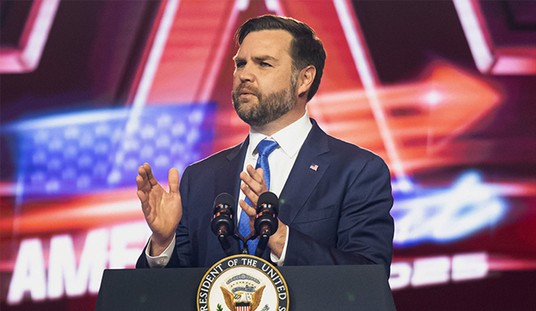Are you tired of paying too little for clean-burning energy that reduces carbon emissions? Then has Berkeley got a deal for you!
On Tuesday, the City Council approved a new ordinance forbidding any new low-rise residences from using natural gas: It’s all-electric or nothin’, baby. Councilwoman Kate Harrison, who sponsored the measure, told the Chronicle that “It’s an enormous issue” and “When we think about pollution and climate-change issues, we tend to think about factories and cars, but all buildings are producing greenhouse gas.”
And more than a few local politicians, too.
Eventually, new commercial buildings will feel the (electric) heat, as the ordinance will eventually ban natural gas from almost all new construction.
The best part? The new ordinance comes complete with a $273,341 staff position in the Building and Safety Division responsible for enforcing the ban. “Nope, I didn’t see any gas lines going into those houses. That will be $273,341, please.” The position is only supposed to last for two years, but given the nature of government — especially in California — you can bet it’s going to turn into a lifetime appointment for the offspring or cousin of someone important.
Meanwhile: PG&E Braces for Power Cuts.
The Wall Street Journal reported last week that the California utility giant plans to “preemptively turn off power in parts of California” to reduce wildfire risk. The risk remains high, despite the end of California’s long drought two years ago, because of California’s regulatory climate:
According to the California Department of Forestry and Fire Protection (CAL FIRE), shrubs and live and dead vegetation are the most important factor in forest fires, being an easily ignitable fuel source that helps spread the flames quickly over vast distances. For a dry and warm state prone to fires, regular clearing measures removing this vegetation should be common sense. However, California has enacted several laws that heavily restrict such vital fire-preventing measures as logging, removal of dead trees, and clearing of dry underbrush.
Complicating matters, PG&E — which just asked permission for a 12% rate hike — hasn’t been maintaining and improving its power lines for fire safety.
So these residents in rural areas are going to get higher rates and rolling blackouts to prevent the wildfires the government refuses to do anything about, while those residents in Berkeley will get higher rates but also be required to use nothing but electricity so that the city council can save the Earth from clean-burning natural gas.
Did you get all that? There’s going to be a quiz at the end of the column.
What’s really going on in Berkeley is something I like to call “greenwashing.” And California as a whole has been at this for a long time now.
California increasingly buys its energy from neighboring states. Every time the state or local governments there impose a new climate regulation, a power utility in Arizona smiles. Jude Clemente reported three years ago:
California now imports 33% of its electricity supply from fast growing neighbors, with about 65% of that coming from the Southwest and 35% coming from the Northwest. These numbers increase most in summer months when air conditioning loads peak. Imports have been rising rapidly: in 2010, California “only” imported 25% of its power.
And the percentage has only grown since Clemente wrote that in 2016.
In other words, California isn’t cleaning up its power production so much as it is exporting its pollution production to other states. Berkeley can crow about saving the planet from natural gas, but what they’re really doing is forcing the locals to buy more and more electricity from elsewhere. Every time some Bezerkeley Professor of Deconstructing Deconstruction Techniques turns up the electric heat and pats himself on the back for being kind to Gaia, what he might be doing in practice is pulling juice from a coal-fired plant in Nevada, or from a salmon-killing hydro-dam in Oregon.
Greenwashing: Giving the appearance of cleaning up the environment when really just sweeping your problem under someone else’s rug.
But if you can claim to have saved just one planet, isn’t it worth it?










Join the conversation as a VIP Member